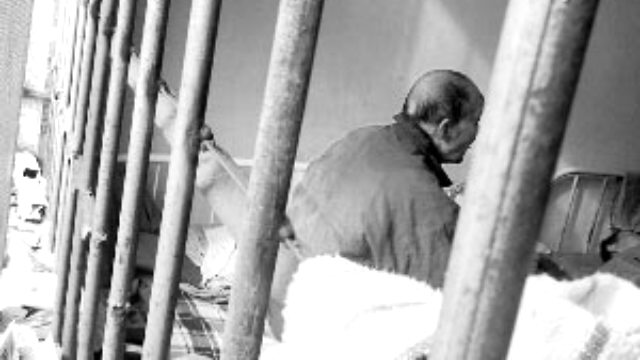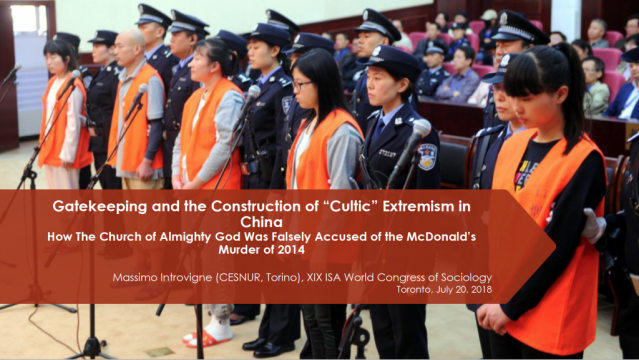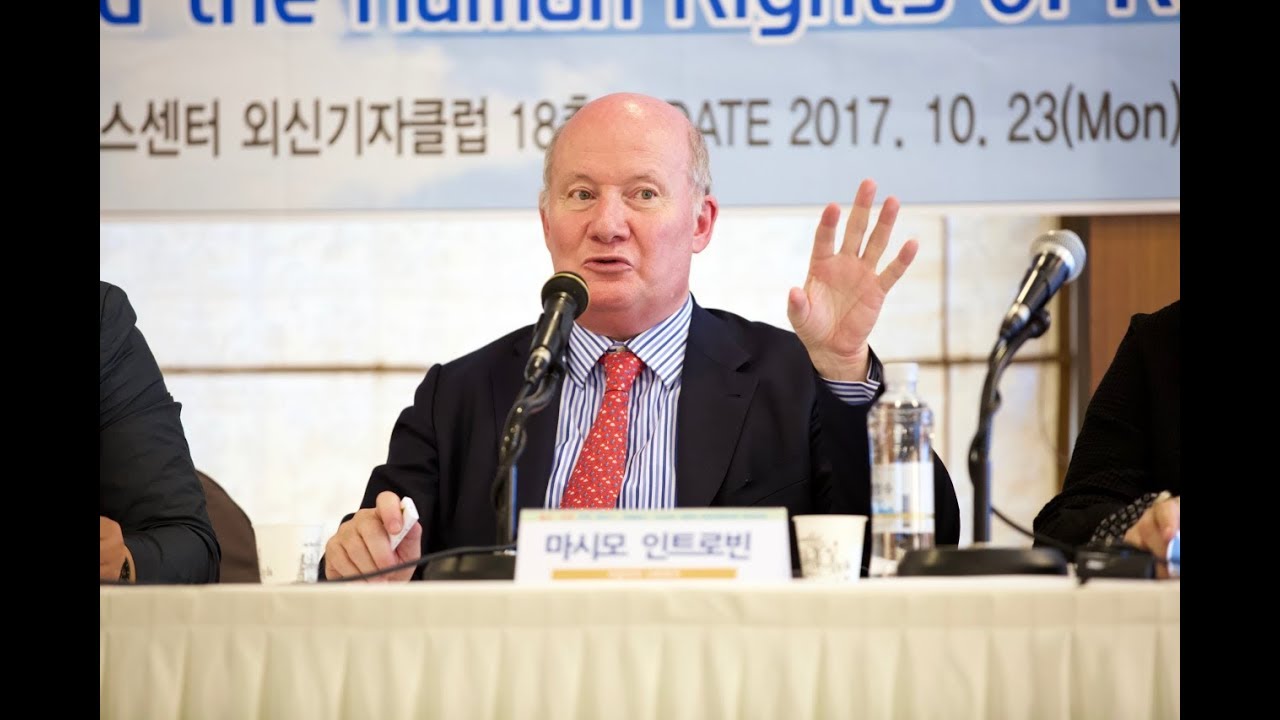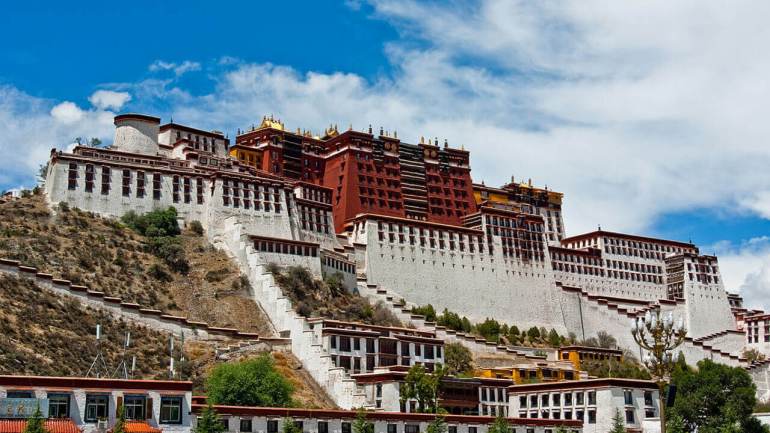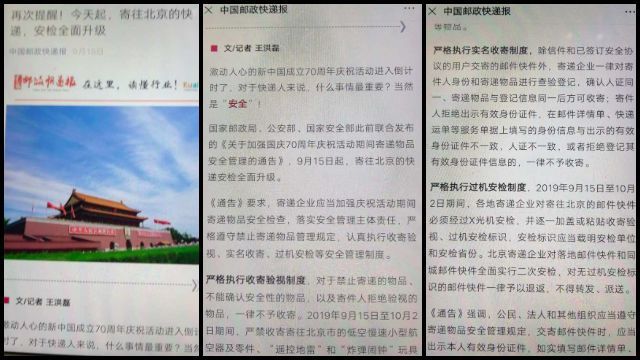Nearly 50 years of U.S. engagement with China is no longer working and a different, tougher approach is needed, Secretary of State Mike Pompeo said Thursday in Yorba Linda, California.
Pompeo spoke at the Nixon Foundation, named for President Richard Nixon whose historic visit to Beijing in 1972 and meetings with Chairman Mao Zedong and Premier Zhou Enlai helped bring China into the so-called family of nations.

Nearly 50 years of U.S. engagement with China is no longer working and a different, tougher approach is needed, Secretary of State Mike Pompeo said Thursday in Yorba Linda, California.
Pompeo spoke at the Nixon Foundation, named for President Richard Nixon whose historic visit to Beijing in 1972 and meetings with Chairman Mao Zedong and Premier Zhou Enlai helped bring China into the so-called family of nations.
“The kind of engagement we have been pursuing has not brought the kind of change inside of China that President Nixon hoped to induce,” Pompeo said.
He said Beijing has benefited far more from the engagement than the U.S. and that China has “bitten the international hands that were feeding it.”
Pompeo’s speech Thursday was the fourth in a series of speeches by administration officials to explain what Pompeo calls America’s relationship with China and the imbalances of that relationship.
Previously, National Security Advisor Robert O’Brien spoke about U.S. efforts to moderate the Chinese political system; FBI Director Christopher Wray talked about economic espionage and theft of intellectual property, and Attorney General William Barr spoke about China’s “economic blitzkrieg” to replace the U.S. as the world’s only superpower.
On Thursday, Pompeo recalled that Nixon once said he feared he had created a “Frankenstein” with China, “and here we are,” the top U.S. diplomat said.
Pompeo also called Chinese President Xi Jinping a “true believer in a bankrupt totalitarian ideology.” He said China has exploited the free and open society of the U.S, by sending what he called propagandists to U.S. colleges, research centers and news conferences.
He said China has responded to special economic treatment with silence over its human rights abuses and by stealing intellectual property, costing Americans their jobs.
On Tuesday, Washington ordered China to close its consulate in Houston, Texas, “to protect American intellectual property and Americans’ private information.”
Chinese Foreign Ministry spokesman Wang Wenbin called the closure order “malicious slander” and said the “unreasonable” move had “severely harmed” relations.
On Friday, China ordered the United States consulate in western city of Chengdu to close in a tit-for-tat response.
“Whatever the reason, China today is increasingly authoritarian at home, and more aggressive in its hostility to freedom abroad … President Trump has said ‘enough,’” Pompeo said.
A call to other nations
The secretary called on other nations to become more creative and assertive in inducing change in China, saying Beijing is a threat to the people and prosperity of those nations.
China cannot be treated like a “normal, law-abiding nation,” Pompeo said, because it regards international agreements as a way to seek global dominance.
He said the West and others can no longer let China set the terms of engagement, stressing that China needs the U.S. more than the U.S. needs China.
He suggested that it may be time for a new grouping of like-minded nations to deal with China.
“If the free world doesn’t change Communist China, Communist China will change us,” Pompeo said. “There can be no return to past practices just because they’re comfortable or convenient.”
Pompeo also called for engagement and ways to empower the Chinese people who Pompeo calls “a dynamic, freedom-loving people who are completely distinct from the Chinese Communist Party” and whose “honest opinions” Chinese leaders fear more than anything else.
SOURCE: VOICE OF AMERICA

